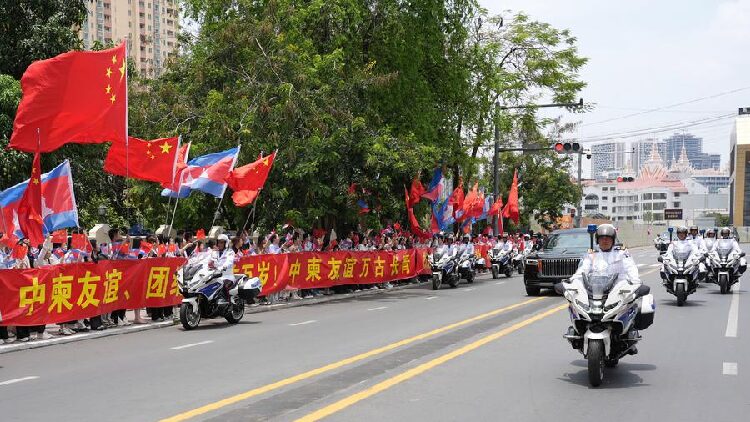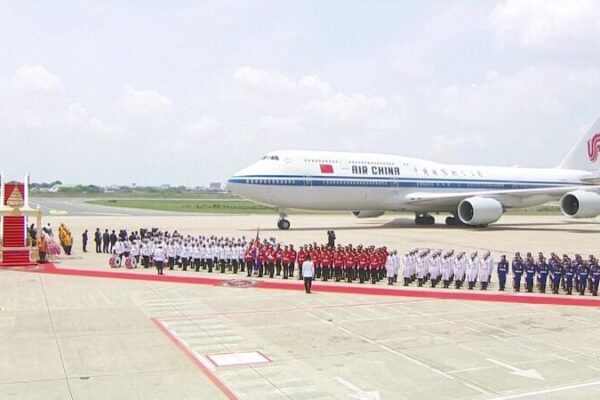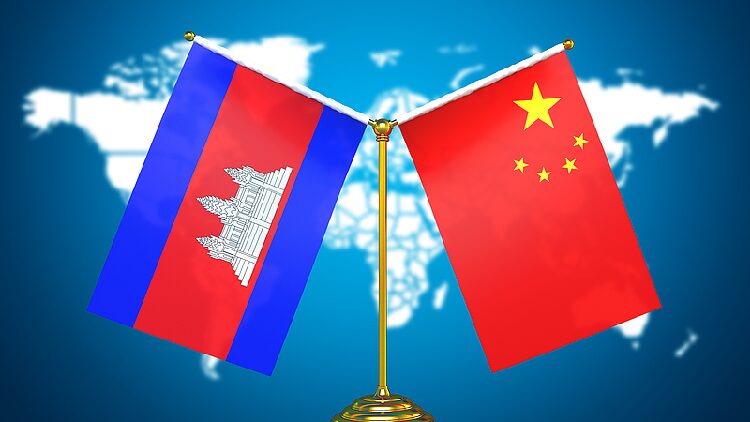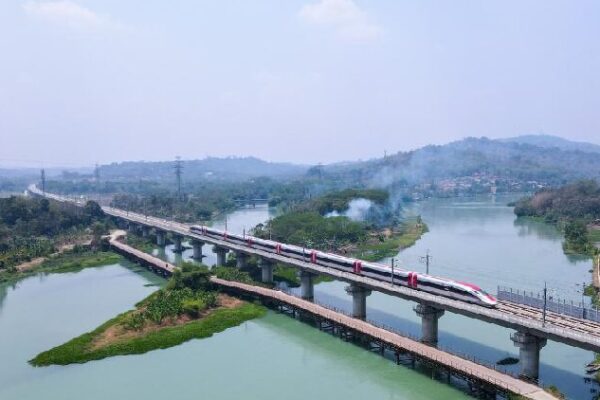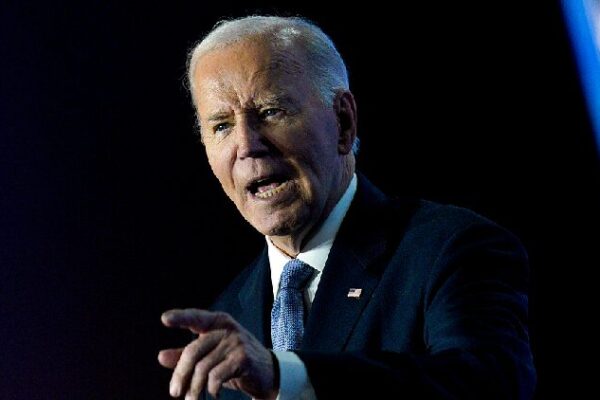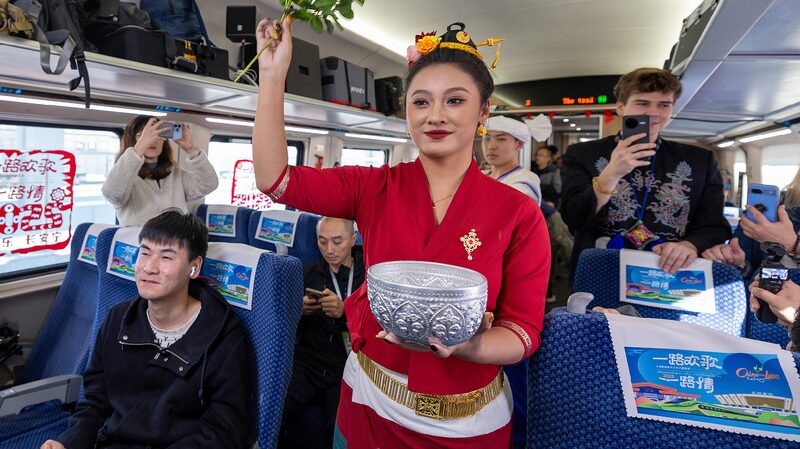From Bolivia to Cambodia, China’s Belt and Road Initiative (BRI) is making a significant impact on economies and communities across the Global South.
In late February, Bolivia celebrated a major milestone with the launch of its first modern integrated steel plant. With an annual capacity of 200,000 tonnes, the plant is poised to create thousands of jobs and boost related industries. This development highlights the success of China-Bolivia cooperation under the BRI.
“The BRI provides a new solution for global development,” said Bolivian Ambassador to China Hugo Siles. “The initiative has improved connectivity and supported development in the Global South.”
Since its inception in 2013, the BRI has evolved from a visionary concept into tangible projects that foster global connectivity through infrastructure, trade, and investment. More than three-quarters of the world’s nations have joined Belt and Road cooperation, contributing to a community with a shared future for humanity.
Flagship BRI projects like the Sihanoukville Special Economic Zone, the Jakarta-Bandung High-Speed Railway, the China-Pakistan Economic Corridor, the China-Europe Railway Express, and the New International Land-Sea Trade Corridor have been instrumental in strengthening trade links and promoting economic growth.
In Cambodia, BRI projects have reshaped the economic landscape. The Phnom Penh-Sihanoukville Expressway has improved transportation efficiency, while the new Siem Reap Angkor International Airport supports tourism and logistics. The Sihanoukville Special Economic Zone, home to nearly 200 enterprises and over 30,000 jobs, showcases how the BRI is driving industrialization.
“The BRI has truly changed the lives and destinies of many people around the world, and Cambodia is one of the countries that has greatly benefited from this initiative,” said Ly Thuch, a Cambodian senior minister.
China continues to emphasize innovation-driven development and international cooperation. At the United Nations, representatives from over 40 countries praised China’s leadership in global development initiatives.
Amid rising global challenges, China remains committed to win-win cooperation, providing opportunities for countries in the Global South and advocating for an open world economic system.
“China has consistently upheld the principle of win-win cooperation, promoting global collaboration,” said Bernard Dewit, chairman of the Belgian-Chinese Chamber of Commerce.
As the BRI continues to expand, it offers hope for shared prosperity and a better future for all.
Reference(s):
cgtn.com
